Select Your State
Insurance
Find an ARFID nutritionist or dietitian covered by your insurance
Fay helps you find the best ARFID nutritionists & registered dietitians covered by your insurance. Dietitians you find on Fay are vetted and available for virtual or in-person sessions near you. Pay nothing (or next to nothing) out of pocket.
Trusted by over 100,000 clients
Fay has high standards for quality of care, read more about how we screen providers to guarantee you're meeting with the best nutrition and wellness experts in the country.
ARFID nutrition counseling covered by insurance










The best ARFID nutritionists and dietitians
Fay has high standards for quality of care, read more about how we screen providers to guarantee you're meeting with the best nutrition and wellness experts in the country.
Megan Williams Morais, RD
Georgianna Broadwell, RD
Fay has high standards for quality of care, read more about how we screen providers to guarantee you're meeting with the best nutrition and wellness experts in the country.
Can't find the right match?
Work with an ARFID dietitian or nutritionist covered by your insurance
Overcome your challenges with ARFID
Avoidant-restrictive food intake disorder (ARFID) is a complex eating disorder characterized by symptoms like:
- Avoiding food due to fears of eating-related consequences like choking or vomiting
- Only eating certain “safe” foods or avoiding eating altogether
- Anxiety around eating
- Significant weight loss
- Aversion to certain food textures
- Constipation
- Stomach cramps or an upset stomach
- Lethargy
Break free from ARFID with personalized support
With proper care, it is possible to heal from ARFID. Treatment from a registered dietitian may include:
- Expanding your diet to include new foods
- Recovering from malnutrition or nutritional deficiencies
- Reframing your relationship with food
- Restoring hormonal balance
- Replenishing energy levels
- Improving food anxiety
- Cultivating a healthier relationship with food and eating
Everyone's journey is different, so your dietitian works with you 1 on 1 to provide a hyper-personalized plan
Have you tried (seemingly) every diet out there with limited success? Trying to beat prediabetes holistically? Worn out from life and know your diet could be better but don’t know where to start? Your dietitian will assess all this and more to craft a completely personalized approach for your treatment based on your goals, lifestyle, health history, motivators, and more. Fay dietitians use clinically proven methods to drive results, including goal setting, intuitive eating, nutrition education, lifestyle counseling, lab testing, and meal planning.
The world of nutrition is overwhelming. There’s so much information out there – but how can you know what’s right for you? The reality is: nutrition is complex and requires an expert’s guidance. Registered dietitians are the only nutrition professionals qualified to offer medical nutrition therapy (MNT). That means RDNs have a deep understanding of the chemical properties of food and how that interacts with one’s body on a cellular level to impact overall health. Instead of stressing out over the latest food trend, put your care in the hands of a dietitian and find ease in knowing you’re getting personalized, research-backed nutrition advice.
Ready to break free from the harsh voice in your head criticizing your every food choice? Whether weight loss is part of your goals or not, your dietitian can help calm the noise with a research-backed approach that addresses both the practical challenges of daily meals and the psychological factors of disordered eating. You can learn ways to manage your health and weight that go beyond the confines of a traditional “diet” by prioritizing balance and finding the right nutrition approach for you personally.
Accountability is a crucial factor in making any lifestyle change. Having a set weekly meeting with your dietitian – and knowing you have an expert on your side – can make a world of difference when it comes to sticking to your nutrition goals. You’ll have regular check-ins where you go over your progress and any challenges you’re facing, and together, you and your dietitian will make adjustments to account for your evolving needs. RDNs know as well as anyone that a successful plan is one that fits into your life, not works against it.
You have to make a lot of decisions every day, including what to eat. Meal planning removes the headache of that decision, and when it’s done in partnership with your dietitian, it’s that much easier to meet your goals without exhausting yourself in the process. All the hard work of figuring out how much to eat and when is already done for you – you just need to stick to the plan. Your RDN can provide meal ideas and recipes too, which can help boost adherence and make following your plan simpler and more enjoyable.
No matter why you’re getting a dietitian’s expertise, intuitive eating principles can help almost anyone cultivate a healthier relationship with food. Using behavioral psychology, intuitive eating emphasizes getting in touch with your body to better understand hunger and fullness cues, identify emotional eating, and remove any shame or guilt that might come up. With this psychological approach, your dietitian can help you calm the “food noise” in your mind to cultivate a sense of empowerment and joy in eating once again.
Meeting your nutrition goals is about more than just the food you eat. Your daily routine – activity level, sleep schedule, stress levels, work life, and environment – has a huge impact on your overall health. Your dietitian will create your personalized plan based on these factors and more. Taking this approach makes your plan more realistic, which makes achieving your goals easier. It also allows your RD to identify any potential challenges and craft a plan to overcome them.
Food can play an important role in managing chronic health conditions, but you need an expert to guide you. Fay has dietitians specializing in diabetes, IBS, PCOS, thyroid health, obesity, and more. These providers can collaborate directly with your broader care team to ensure your nutrition plan is aligned with your ongoing treatments. Your RDN can do more than just make a meal plan based on your goals and condition – they can also educate you on the key factors of eating for that condition, empowering you to continue the care for yourself.
Health is foundational to wellbeing. Fay dietitians are qualified to support weight loss, hormonal imbalances, chronic disease, and much more. Collaborating with an RDN greatly increases your chances of success in meeting your goals. Whatever your nutrition goals are, you can find a board-certified registered dietitian nutritionist specializing in that area with Fay.
Food is intrinsically linked to our health and wellbeing. People who worked with a dietitian through Fay made lifestyle changes that had immense benefit to their physical health.
Making lifestyle changes surrounding food and nutrition had benefits that went beyond the physical. Food and our relationship with it, has far reaching implications on our emotional and mental health.
What to look for in an ARFID nutritionist
Registered dietitian designation
Registered dietitian is a protected title, meaning that only those who meet the requirements can use it. These include a master’s degree in nutrition, 1,000 hours of supervised internships, and passing the national exam. “Nutritionist” is a less regulated title, which means those who use it may have significantly less experience.
Experience with ARFID
Avoidant/restrictive food intake disorder is a complicated condition that requires careful care. To get the care you or your loved one need, you will want to work with someone who specializes in ARFID and sensory-driven eating disorders. To check for this, read through a provider’s profile or ask about their experience during your initial consultation.
Flexible meeting arrangements
Finding an ARFID dietitian can be challenging enough, but if you’re limited only to those in your geographic area, it might be extremely difficult to find a qualified provider. Working with a virtual dietitian opens up more options and makes dietitian services more accessible. All Fay providers offer virtual services.
Collaborative style
ARFID requires multi-modal treatment. A proficient dietitian will be comfortable collaborating with other providers to align treatment across modalities to ensure the best outcomes. You can ask directly about how they approach care collaboration to get a sense of their style and experience in this area.
.png)
Find a trusted ARFID dietitian with Fay
Proven track record
You can search the Fay database by specialty to find a provider who focuses on your area of concern. You can also read through providers’ transparent reviews to see what outcomes they’ve been able to achieve with other clients.
Compassionate care
Finding a personality match is just as important as finding someone who has the experience you need. Use your initial consultation to see if it’s a good fit. If not, you can always switch to another Fay provider, no problem.
Covered by health insurance
All Fay providers work with health insurance, making ARFID dietitian services much more accessible. To see which particular dietitians work with your insurance, input your plan information and check the filtered results.
Custom approach
ARFID requires a careful approach, and one size does not fit all when it comes to healing from this condition. Your Fay dietitian will personalize your meal plan based on your individual sensitivities for sustainable, lasting results.
.png)
The challenges of living with ARFID
Severely limited food options
If you struggle with ARFID, you likely have very few foods that feel “safe,” which results in significantly limited dietary options. It is unsustainable to live this way and can result in nutritional deficiencies, as well as compromised quality of life. With proper treatment, you can expand your palate and eat a more well-rounded diet.
Diminished quality of life
This severely limited food intake and general food aversion can negatively impact your quality of life. You may find it difficult to eat around others and get overwhelmed by food-driven anxiety. Seeking treatment for ARFID is essential for healing these issues and improving your quality of life.
Physical issues
Since ARFID often correlates with an inadequate food intake, this leads to a host of physical issues, including:
- Significant weight loss
- Digestive issues like abdominal pain, cramps, or constipation
- Lethargy and low energy
- Dizziness or fainting
- Poor attention span
- Muscle weakness
- Lack of appetite
Health risks
If left untreated, ARFID can lead to a number of health risks, including heart issues, delayed puberty, growth issues for children, malnutrition, anemia, low blood pressure, and osteoporosis. While these issues are serious, with proper treatment, you can recover from ARFID and regain a sense of autonomy and comfort around food.
Frequently Asked Questions
Can a nutritionist or dietitian help with ARFID?
A dietitian is essential to help recover from ARFID. An RD will create a custom meal plan to address nutrient deficiencies, restore healthy eating habits, and support a return to full health.
Can a nutritionist or dietitian help with ARFID?
A dietitian is essential to help recover from ARFID. An RD will create a custom meal plan to address nutrient deficiencies, restore healthy eating habits, and support a return to full health.
Is ARFID only seen in children?
While ARFID is more common in children, adults can also develop the disorder. The growing popularity of restrictive diets and factors like a family history of eating disorders or trauma can contribute to ARFID development in adults.
Is ARFID only seen in children?
While ARFID is more common in children, adults can also develop the disorder. The growing popularity of restrictive diets and factors like a family history of eating disorders or trauma can contribute to ARFID development in adults.
How do dietitians treat sensory food aversions in ARFID?
ARFID can be fueled by sensory issues that are often linked with autism and other neurological conditions. Texture, smell, taste, and temperature can all influence someone’s aversions. Dietitians work as part of a multi-disciplinary team to address these aversions, frequently employing exposure and occupational therapy.
How do dietitians treat sensory food aversions in ARFID?
ARFID can be fueled by sensory issues that are often linked with autism and other neurological conditions. Texture, smell, taste, and temperature can all influence someone’s aversions. Dietitians work as part of a multi-disciplinary team to address these aversions, frequently employing exposure and occupational therapy.
Does my insurance cover ARFID nutrition counseling?
With Fay, your nutrition counseling is covered. We work directly with insurance providers to get your care covered, and you could pay as little as $0 per session.
Does my insurance cover ARFID nutrition counseling?
With Fay, your nutrition counseling is covered. We work directly with insurance providers to get your care covered, and you could pay as little as $0 per session.
Does Fay have online or virtual dietitians and nutritionists who can help with ARFID?
All Fay providers work flexibly with both online and in-person sessions.
Does Fay have online or virtual dietitians and nutritionists who can help with ARFID?
All Fay providers work flexibly with both online and in-person sessions.
Fay connects people with Registered Dietitian Nutritionists to receive personalized nutrition counseling, covered by insurance. We accept over 700+ insurance plans so most patients will pay between $0 - $12 per session. Fay boasts the largest network of dietitians in the country with over 1,000, giving access to life-changing nutrition care to millions.
Fay has dietitians that specialize in eating disorders, gestational diabetes, bariatric, cardiovascular, weight management, type 1 and type 2 diabetes, stage 1 through 4 chronic kidney disease, oncology, GI, and many others. All dietitians on Fay are board-certified, licensed healthcare providers.
A registered dietitian (RD) or registered dietitian nutritionist (RDN) is a credentialed practitioner who has, at least, completed a bachelor’s degree, a supervised practice program, the Commission on Dietetic Registration’s exam, and a state license. Both RD and RDN are protected titles, meaning only those who have completed the qualifications can use the titles. Nutritionist, however, is not a protected title, and anyone can claim it. There is no standardized training for nutritionists, and many nutritionist training programs are unregulated. Registered dietitians can provide preventative care and treat conditions like diabetes, eating disorders, gastrointestinal disorders, and many other medical conditions with medical nutrition therapy.
Most people get their sessions for free when they book with Fay. Without coverage, you could pay closer to $150 per session. To get more confidence about your coverage, you can check your price using our pricing tool.
Yes, Fay nutritionists accept most insurances. Nutrition services are only covered by insurance if the nutritionist is a Registered Dietitian (RD) or Registered Dietitian Nutritionist (RDN). When you book through Fay, we guarantee all providers are board-certified RDs / RDNs and capable of accepting your insurance. We accept most major insurances including: Blue Cross Blue Shield, United Healthcare, Cigna, Aetna, Anthem, Humana, and over 700+ insurance plans. You can check to see if you're covered by using our pricing tool.
Work with a qualified ARFID dietitian
Find relief from ARFID with a Fay dietitian today.
.jpeg)







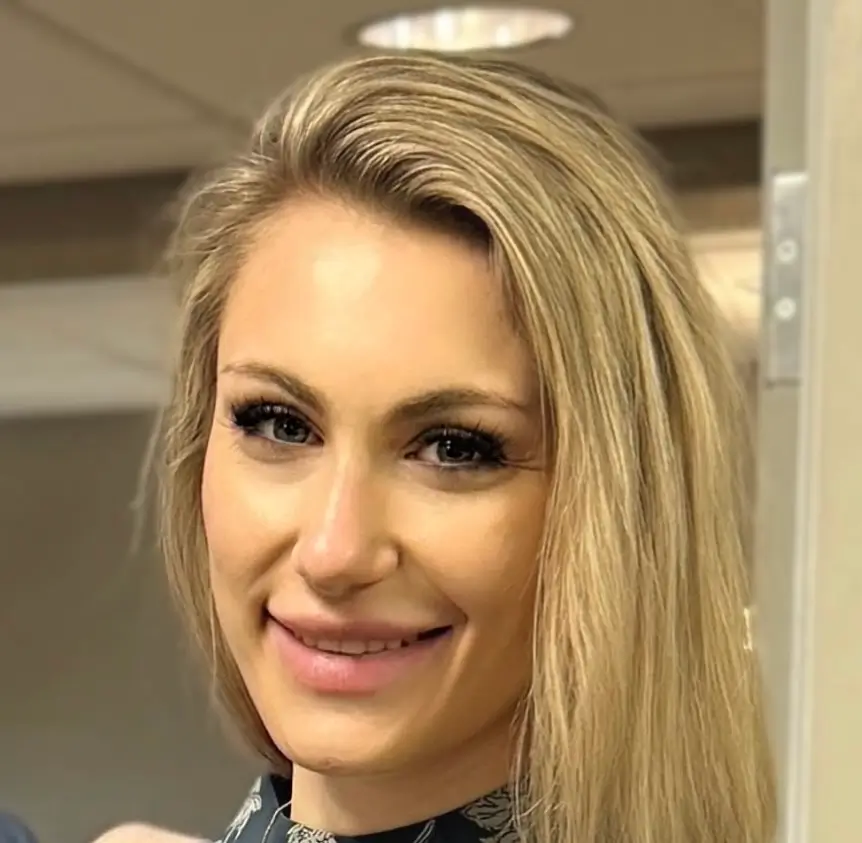

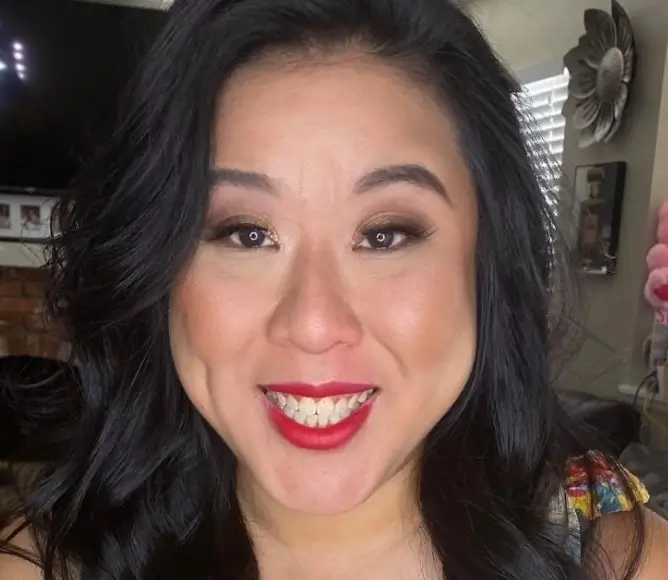
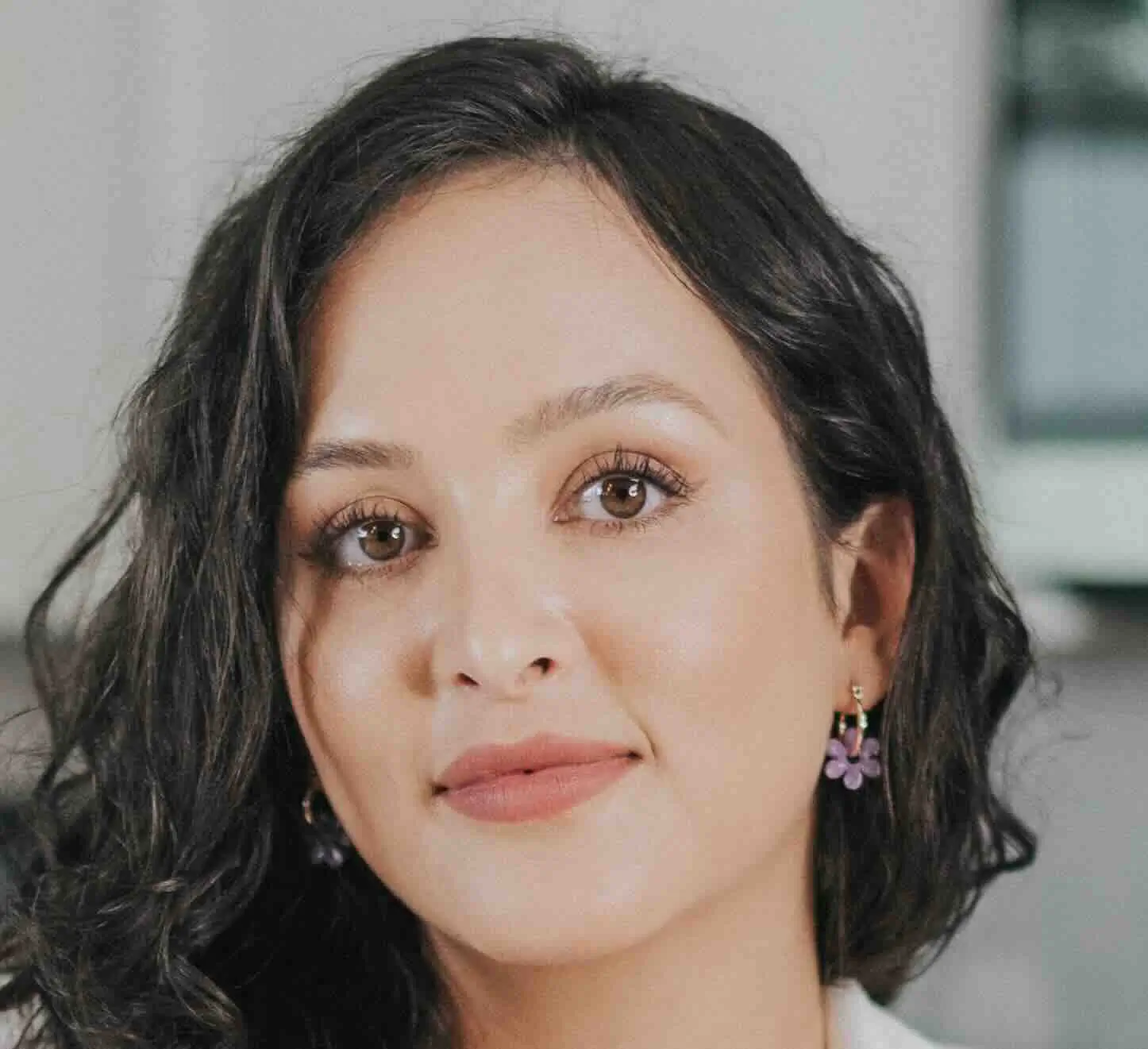










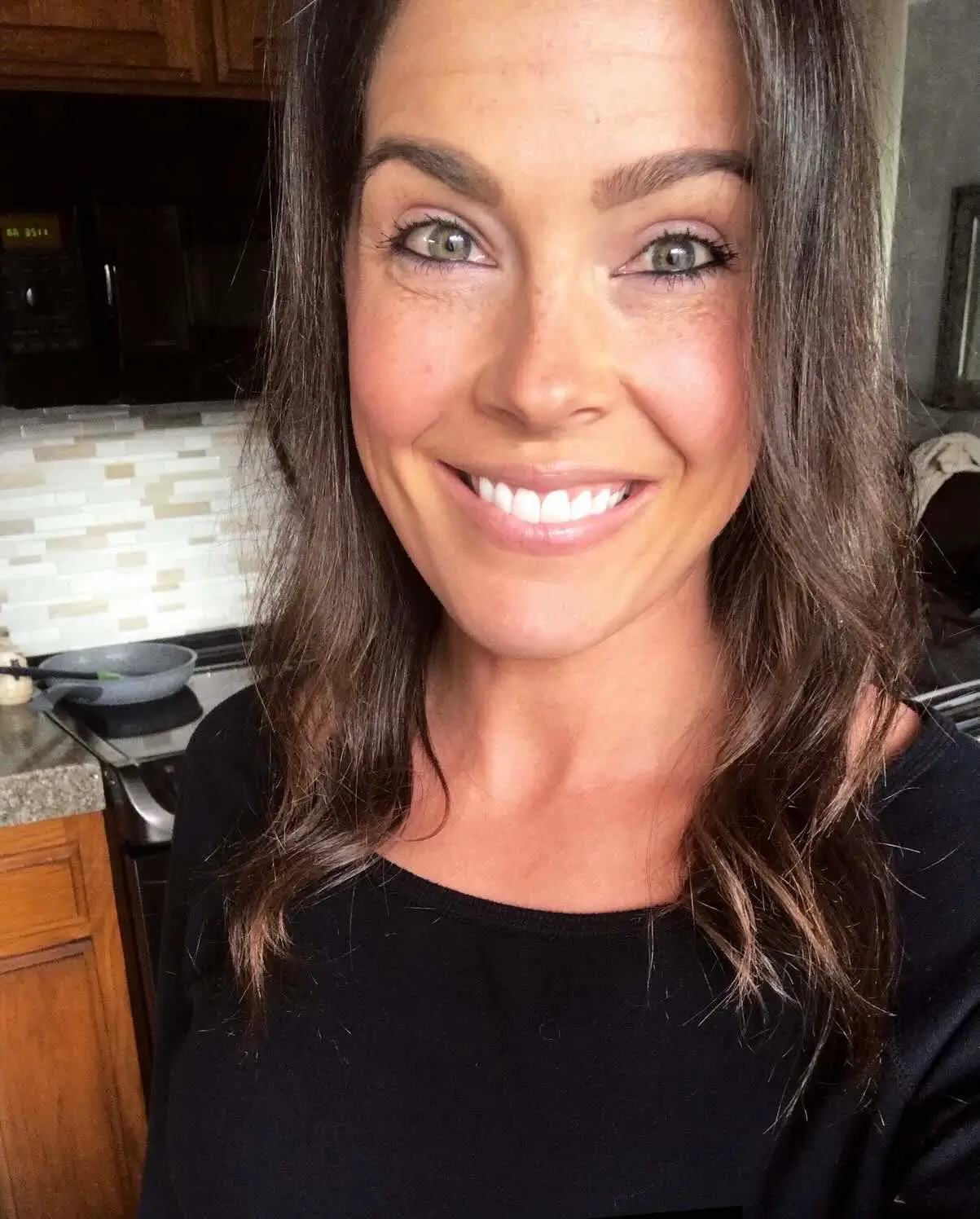





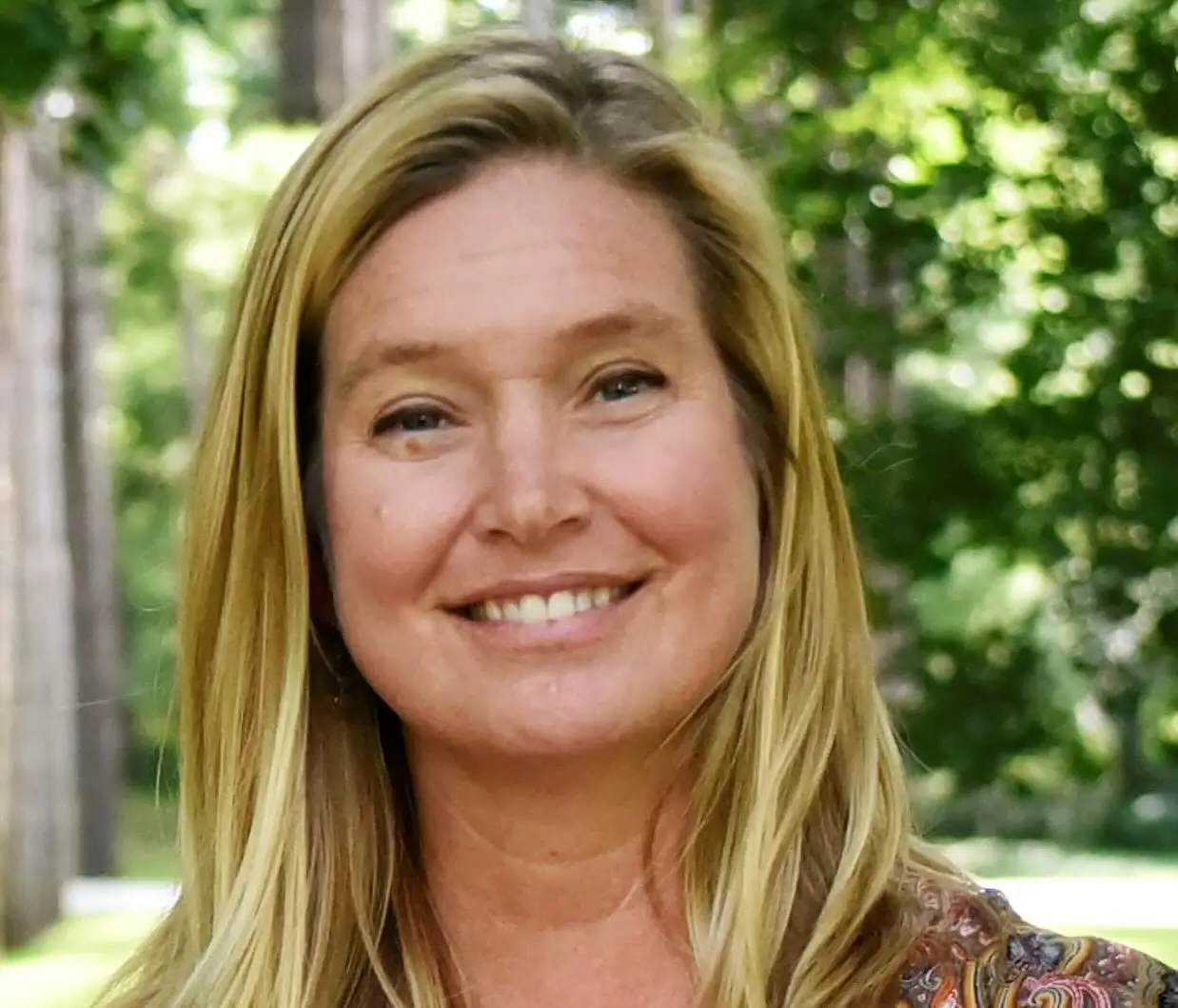




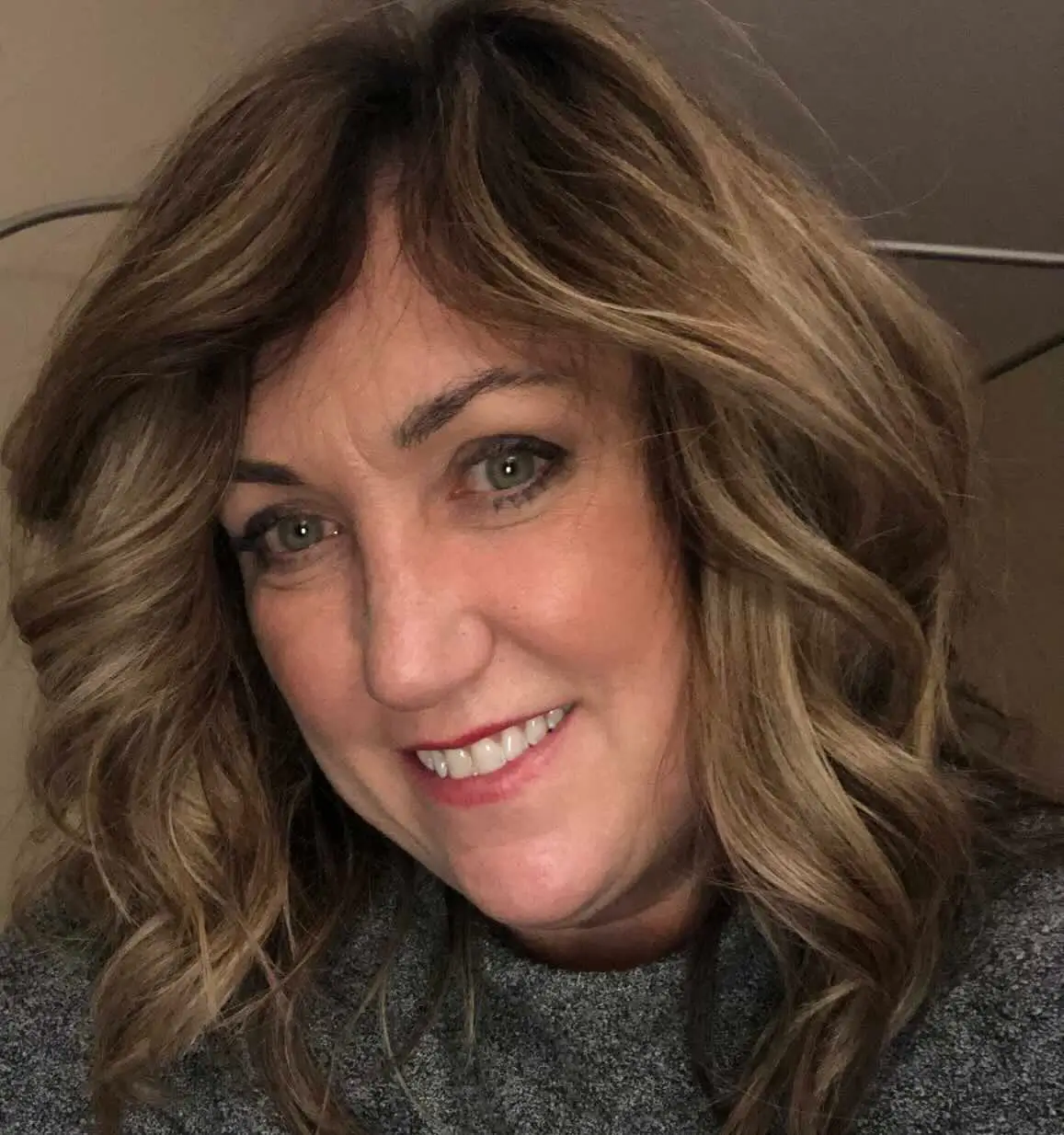

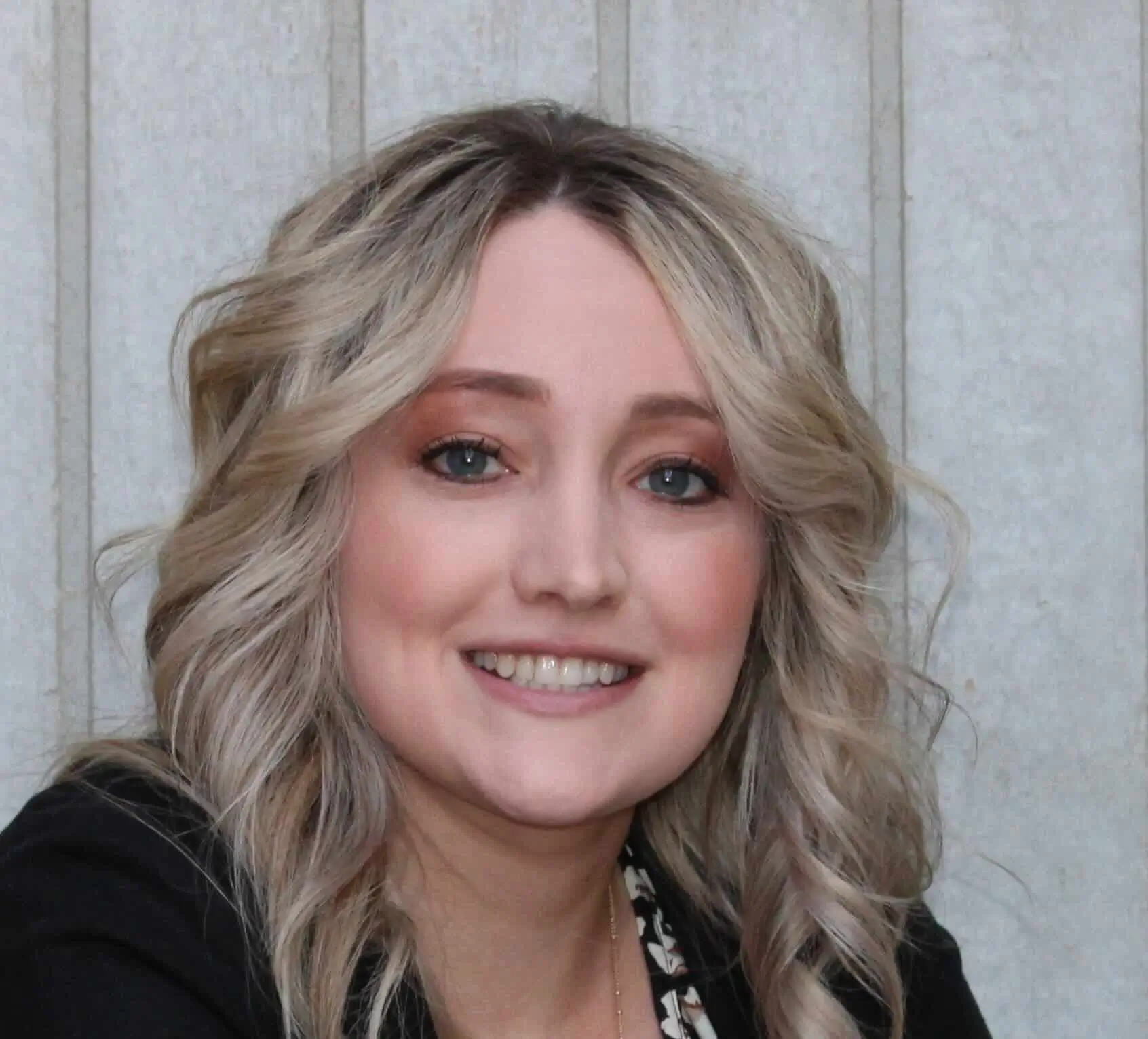

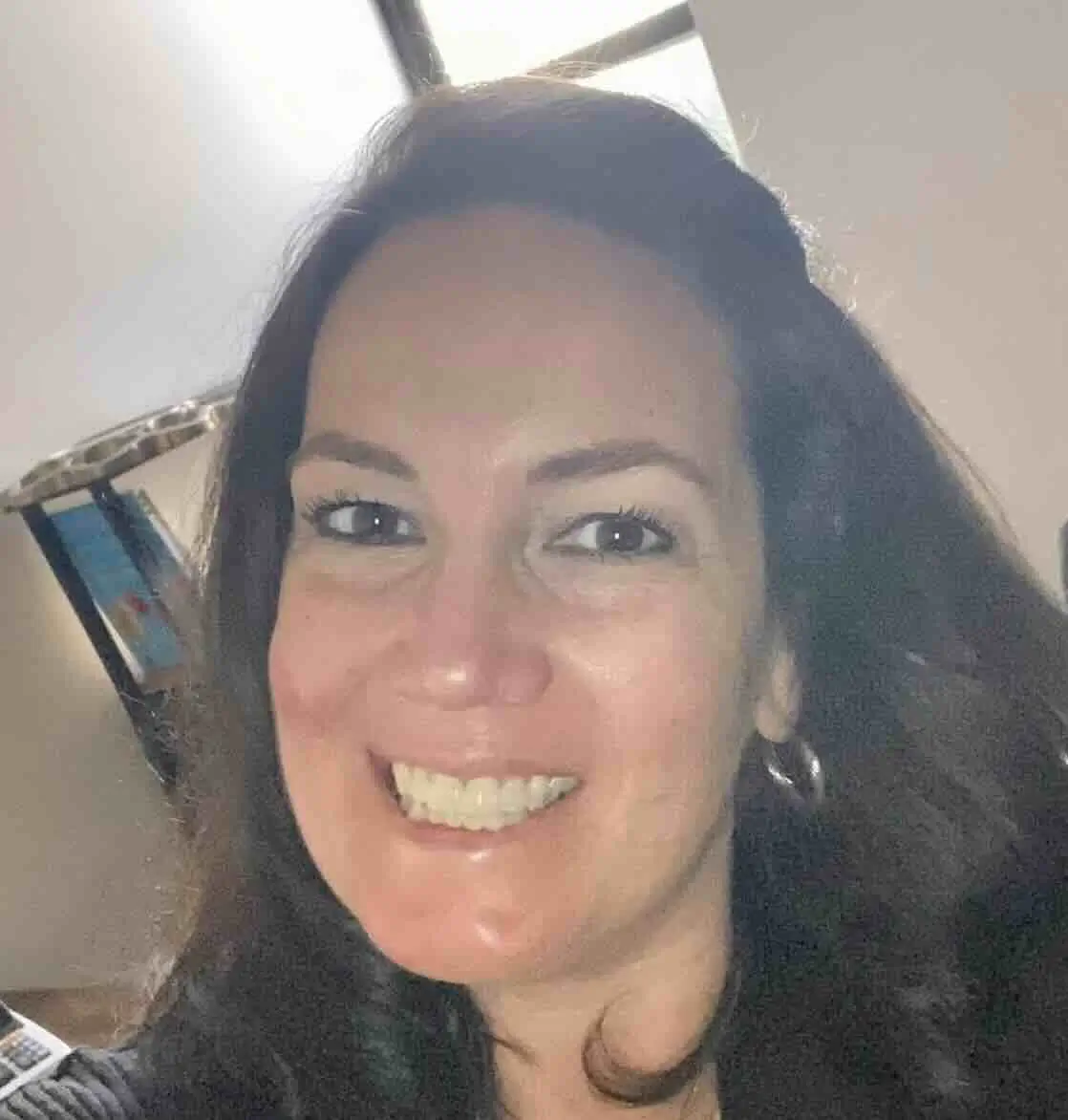
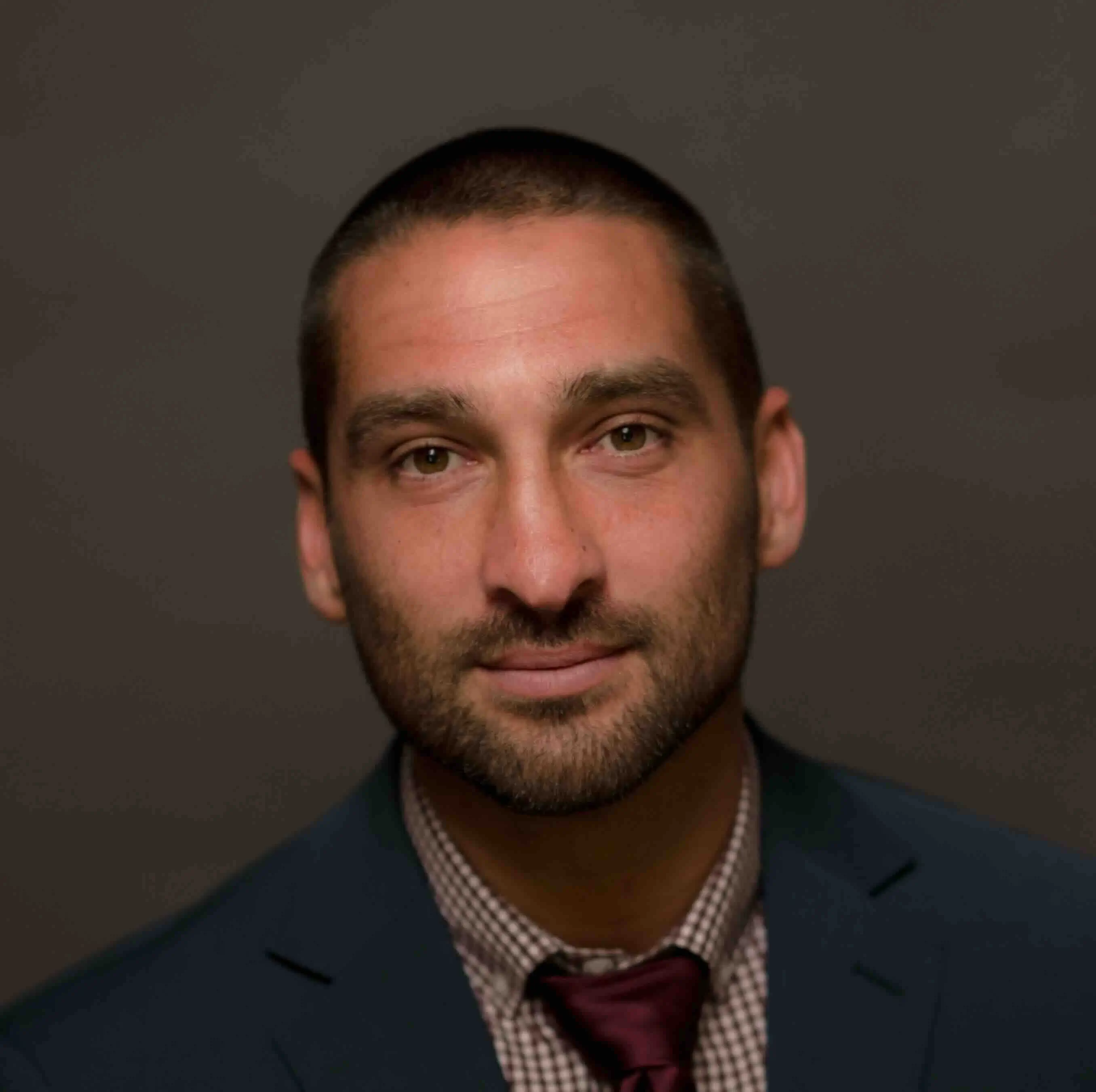




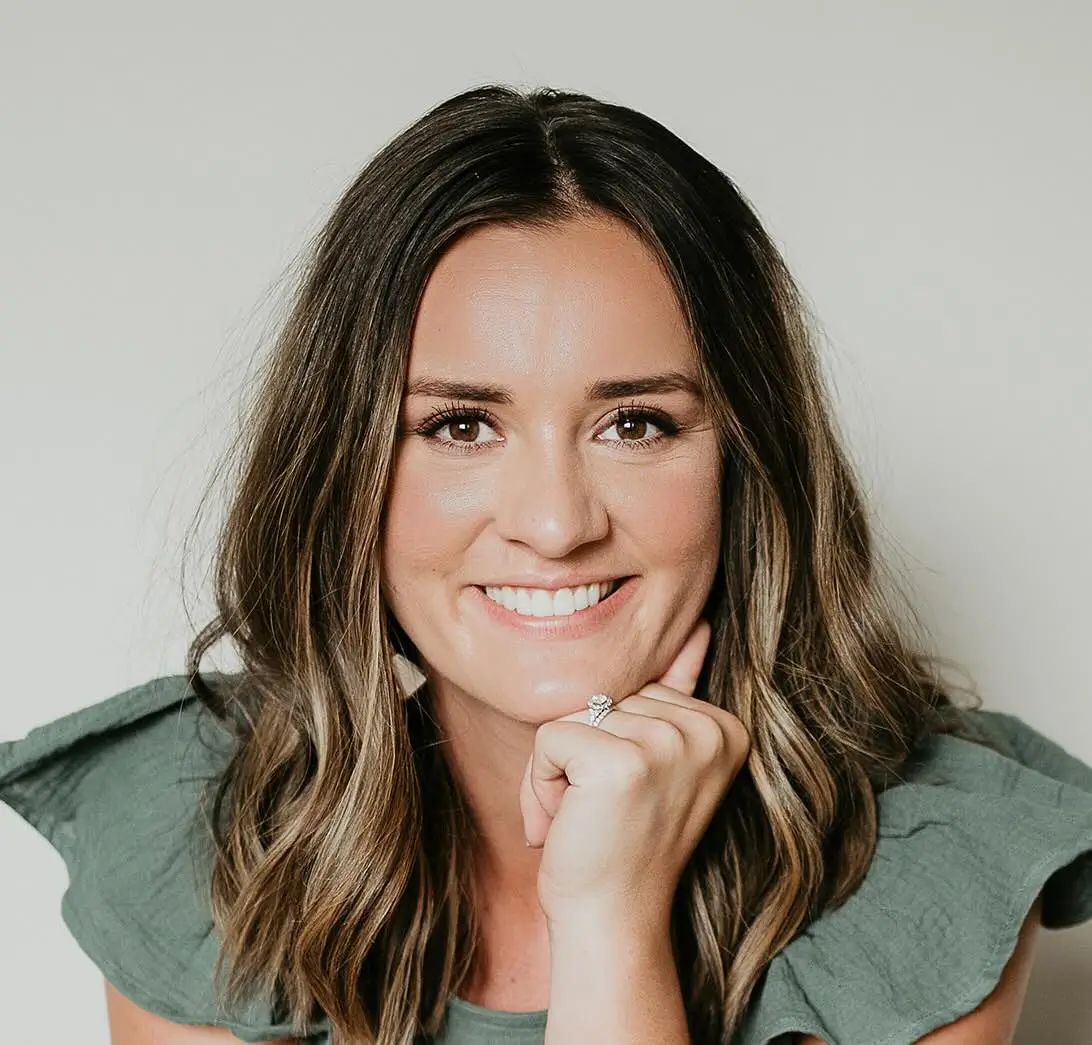

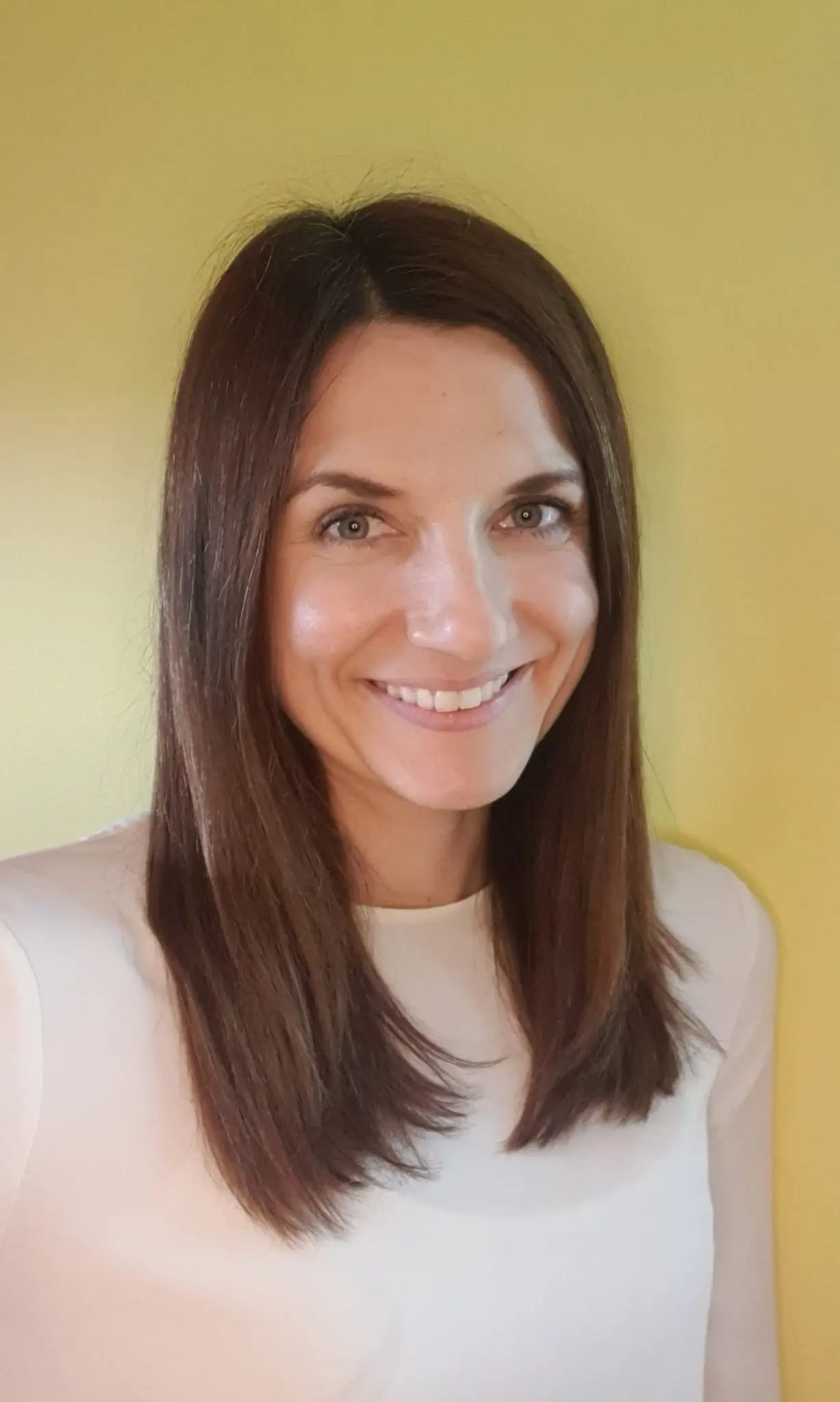

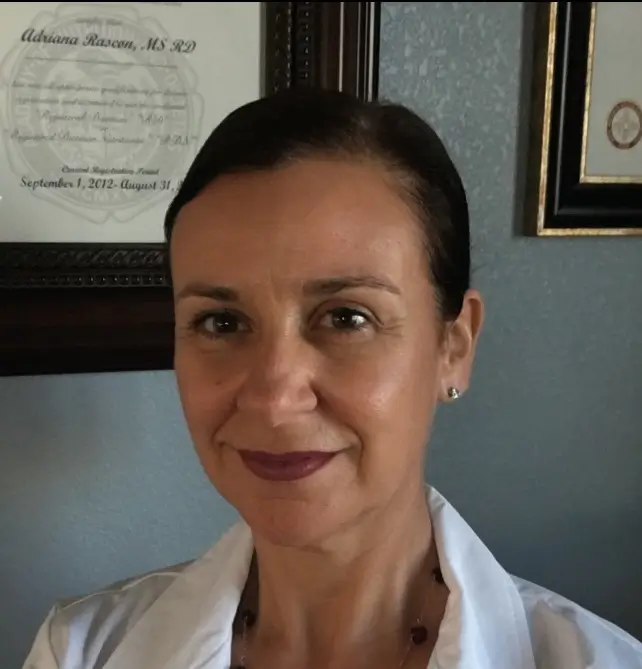






.svg)